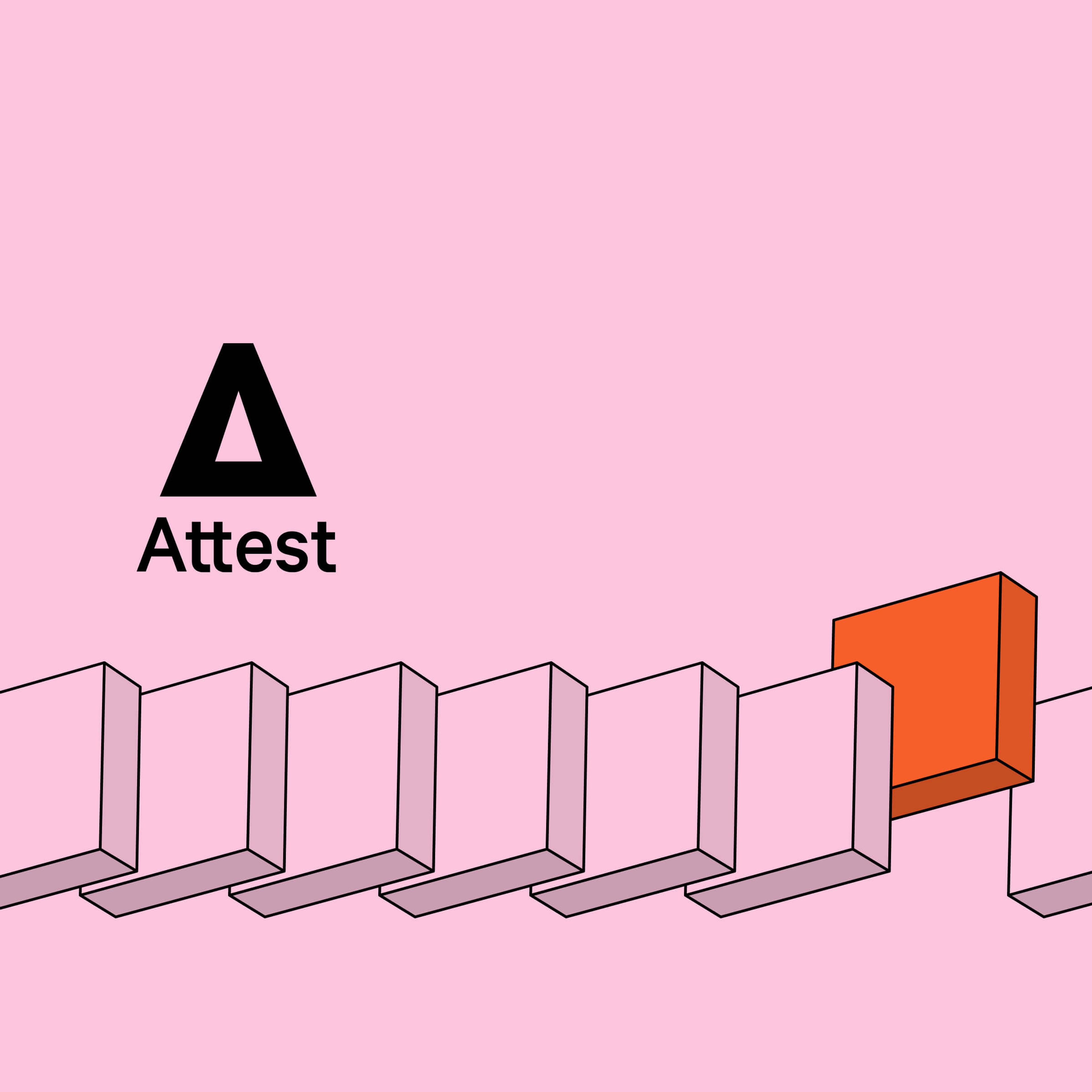Penfold helped us to understand salary sacrifice really well.
We had an overview meeting, were sent FAQs and Penfold also hosted a Pension Workshop to take our teams through the platform & salary sacrifice which was really helpful.
The transition process is very straightforward and the team at Penfold do a super job at explaining each step.
Michelle Kangellaris
Director of People & Culture at Glint





